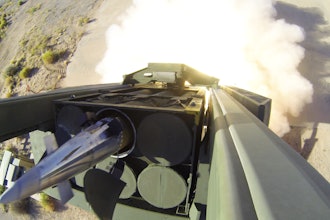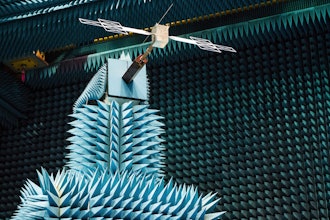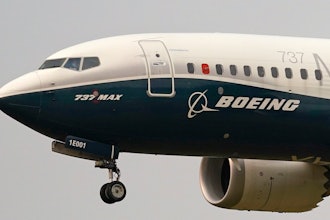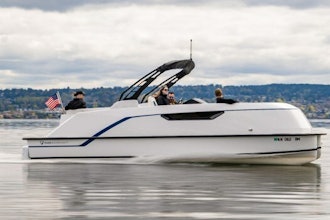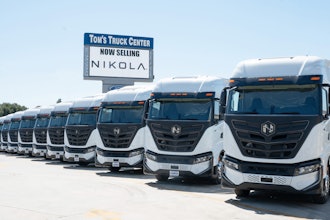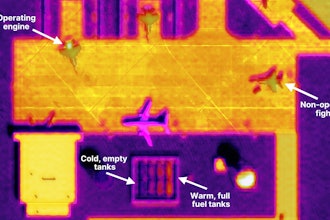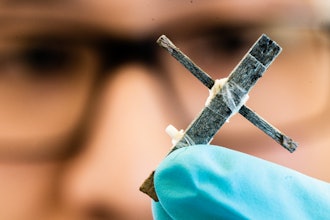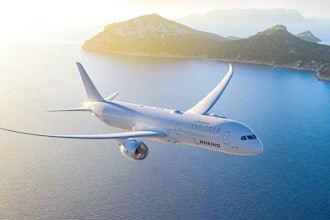Nearly 12 years ago, China, intent on joining aerospace industry stalwarts Boeing and Airbus, established a new state-owned entity known as the Commercial Aircraft Corporation of China — or COMAC, for short.
The company set a goal of a maiden flight for its debut passenger jet, the C919, in 2014, with production and delivery to follow in subsequent years.
After a series of delays, the C919 did take to the skies for the first time in 2017, and Chinese officials reportedly hoped to finish testing, start production and begin making deliveries by the end of this year.
Instead, Reuters reported this week that the company has completed less than one-fifth of the flight hours needed for approval by China’s civil aviation regulator, and that the corporation is now looking at deliveries in 2021 or 2022, at best.
Sources told Reuters that the latest problem surfaced after COMAC engineers sent incorrect calculations about engine loads to manufacturer CFM International, which may require the engine and housing to be reinforced.
Previous issues included cracks in the test jets’ horizontal stabilizers and gearboxes, and the report noted that federal prosecutors in 2018 uncovered a scheme by Chinese officials to spy on 13 global aerospace manufacturers.
Analysts said the issues underscore COMAC’s inexperience in commercial aviation, but some also noted the continued delay isn’t necessarily a problem for the company — even if it misses out on orders during the current market upswing.
After all, they said, China’s government can simply direct its own airlines to buy COMAC’s jets whenever they’re ready.










